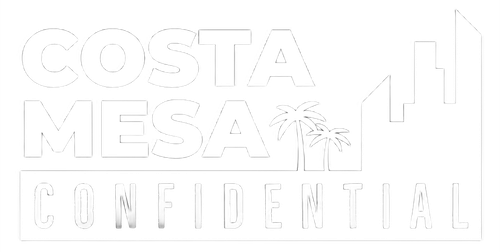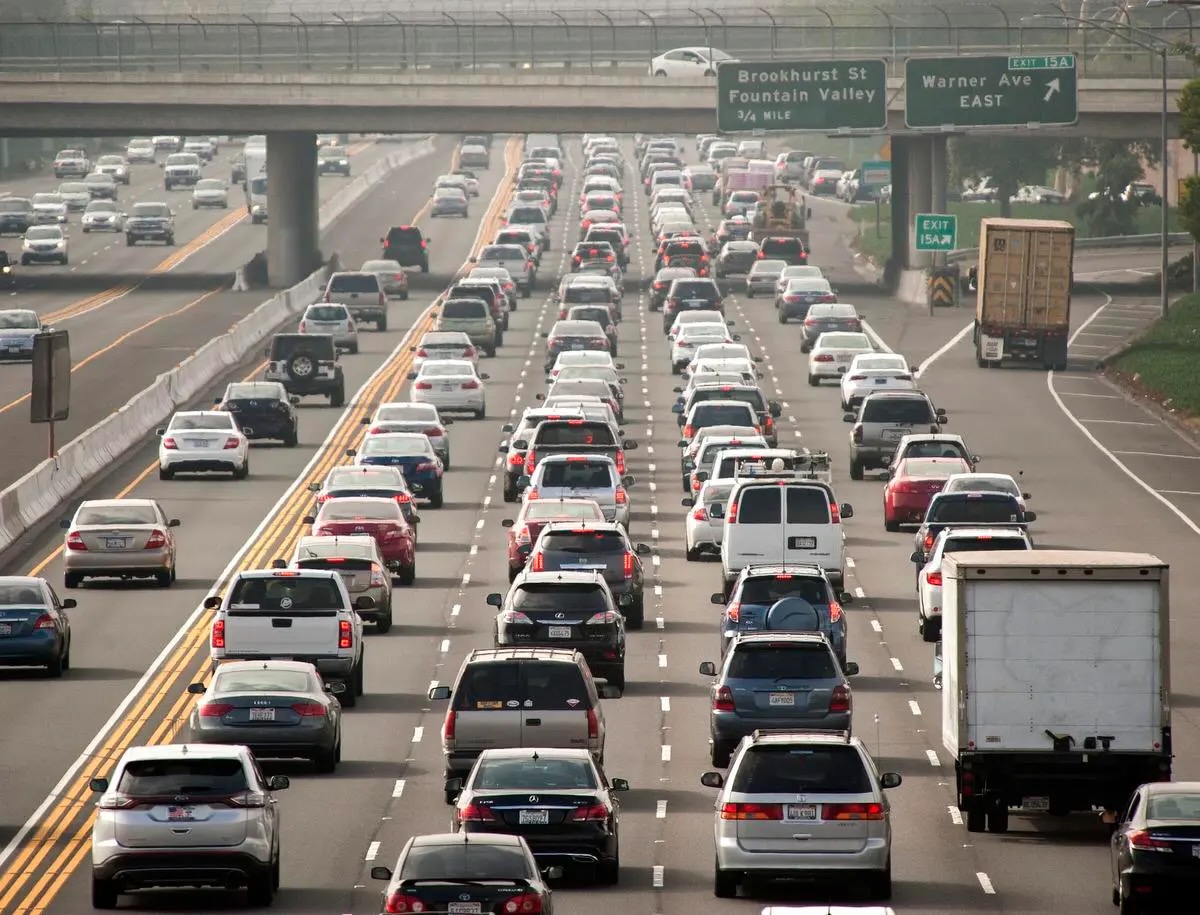With Costa Mesa potentially negating Measure Y, the ballot measure which protects commercial spaces from being built up with high-density housing units, some think the suburban Southern California city could become more similar to New York City with “congestion pricing.”
Is Costa Mesa trying to eliminate cars in exchange for public transit, biking, and walking? The new ballot measure to undo Measure Y, the “Initiative to Require Voter Approval on Certain Development Projects” may bring more than just high-density housing into commercial corridors. Now, there may also be a prospect for “congestion pricing,” a method to reduce car congestion in urban areas.
If Measure Y is removed in Costa Mesa, the city could see an extra 32,000 residents with high-density, high rise apartment complexes up and down its commercial corridors, causing potential traffic congestions. Not all say it is bad though, as Costa Mesa Mayor John Stephens, as well as Councilmembers Arlis Reynolds, Andrea Marr, and Manuel Chavez have publicly supported a ballot item to remove Measure Y.
In New York City, where New Jersey Governor Kathy Hochul implemented a major congestion pricing plan, drivers face extra charges during their predetermined peak hours. This toll style to raise money for public transit and decrease traffic into hubs of business and tourism districts within cities is modeled after major cities in Europe like Stockholm and London.
To get a glimpse of what might be coming Costa Mesa’s way, there are a few environmental reviews which assessed seven tolling scenarios in New York City’s congestion pricing. In some scenarios, passenger vehicles would be charged between $9 and $23 to enter certain districts while trucks would be charged up to $82. In other scenarios, there are no discounts for type of driver, and everyone would have to pay $9.90 to commute through a tunnel onto New York City.
Proponents of these plans tout benefits such as reduced pollution, less traffic, and more funding for mass transit. Densely populated areas such as New York City have decided these benefits are worth the policy change, but it remains to be seen if Costa Mesa will also find it beneficial.
In addition, congestion pricing may be being proposed to account for the city’s pushes for high-density, high-rise apartment complexes in major commercial corridors which will likely bring in tens of thousands of new residents.
Data suggests that Orange County residents—and most of Southern California in general—prefers access to private cars instead of public transit.
Costa Mesa is not phasing out driving entirely yet, but could this be an indicator of the direction the city will go?

